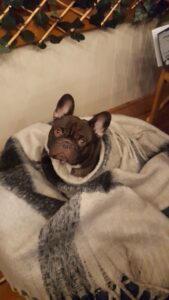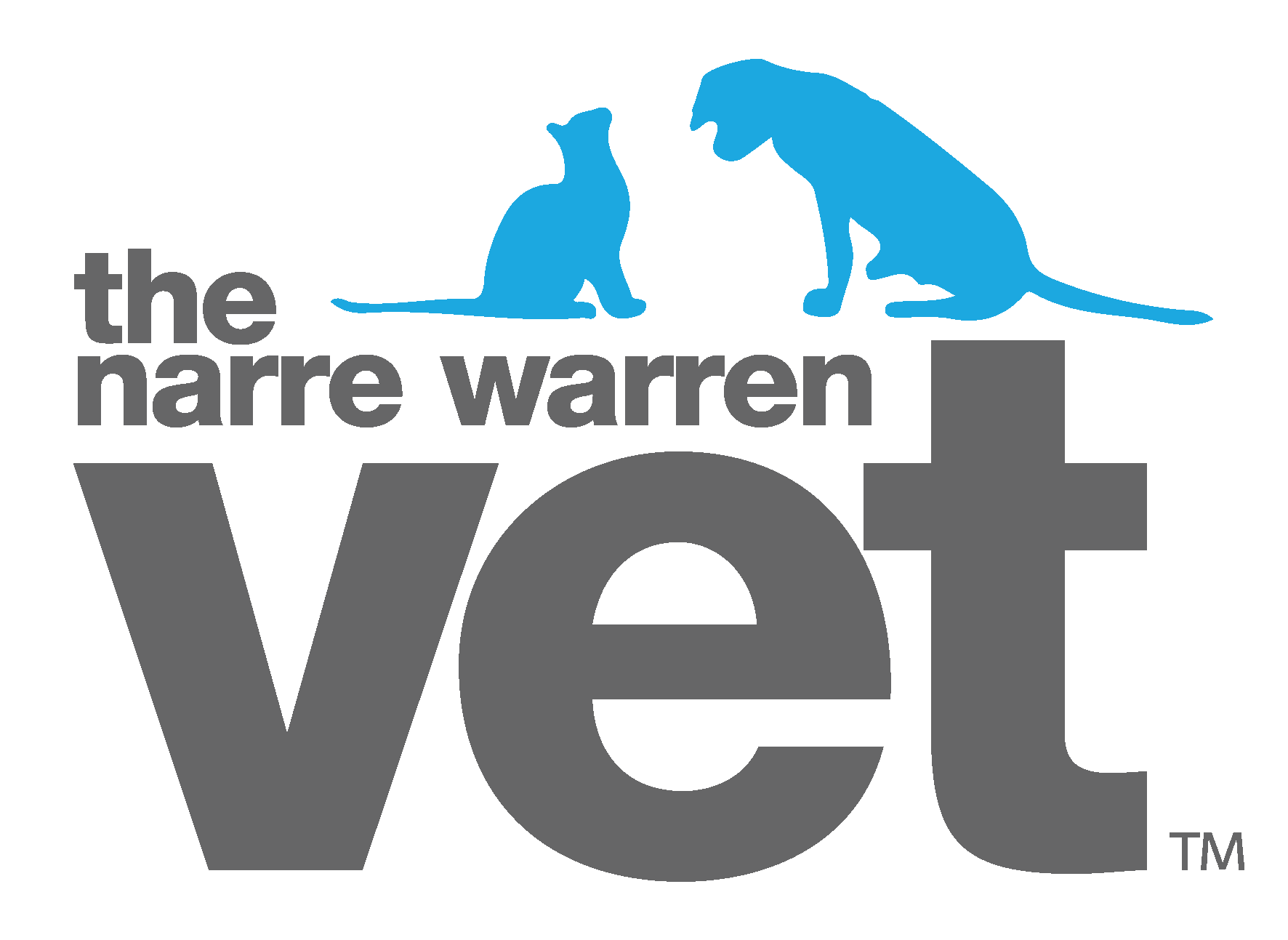 Three-year-old French Bulldog Hugo was particularly quiet one morning, not running to greet his owner and refusing to eat his breakfast, very abnormal for the happy and bouncy young man. His owner noticed that Hugo was hunching his back when he was seated, holding his neck at odd angles, and struggling to lay down and get comfortable. He knew immediately that his furry friend needed some veterinary attention and took Hugo down to the Narre Warren clinic for a consultation.
Three-year-old French Bulldog Hugo was particularly quiet one morning, not running to greet his owner and refusing to eat his breakfast, very abnormal for the happy and bouncy young man. His owner noticed that Hugo was hunching his back when he was seated, holding his neck at odd angles, and struggling to lay down and get comfortable. He knew immediately that his furry friend needed some veterinary attention and took Hugo down to the Narre Warren clinic for a consultation.
After examining Hugo, Dr. Kim assessed that he was in fact quite painful in his neck and recommended trialing some anti-inflammatories and pain relief at home, with strict rest being extremely important. It was suggested that if Hugo did not improve over the coming days that he may require radiographs, or even a CT or MRI at a specialist hospital.
A few days later, Hugo’s owner felt like he was still very uncomfortable even with his medications on board and confined activity. After discussion with the team, it was determined that Hugo was likely going to need ongoing and specialist care, and he was referred to the Veterinary Referral Hospital for further treatment. Once there, he received a workup by the neurology department who were suspicious that he was suffering from Intervertebral Disc Disease and would require spinal surgery. Intervertebral disc disease in dogs, or IVVD, refers to a condition where the discs between the spinal vertebrae degenerate or herniate, potentially causing spinal cord compression and neurological symptoms. In Hugo’s case, he neurologically normal, however after an MRI of his cervical spinal cord and vertebral column, it was revealed that he was suffering from intervertebral disc herniation in his neck, causing moderate spinal cord compression and whole lot of discomfort for the poor Frenchie. IVDH (Intervertebral Disc Herniation), typically occurs when the inner jelly-like material (nucleus pulposus) of an intervertebral disc in the spine ruptures or pushes through the outer fibrous ring due to degeneration or trauma. If it was traumatic, it is unknown how this happened to Hugo, however his breed is unfortunately predisposed to the condition.
After a nervous wait to hear the outcome of his surgery, his owners were relieved to learn that the procedure was very successful, and the specialist surgeon expected Hugo to make a full recovery. Hugo has been resting at home for the last few weeks under the watchful eyes of his owners, and though recovery after a spinal procedure is long and difficult (especially being crate rested for a bouncy boy like Hugo!), he has been making leaps and bounds (metaphorically) in the right direction and hopes to be running amuck again very soon! Well done, Hugo!
